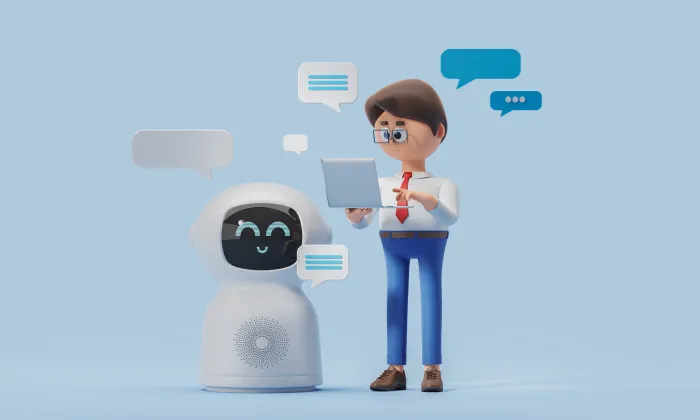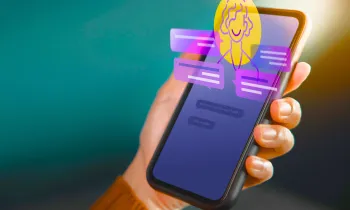What NLP tasks benefit from doctor dictation datasets?
NLP
Healthcare
Medical Transcription
Doctor dictation datasets are foundational for advancing several natural language processing (NLP) tasks within the healthcare sector. These datasets, comprising audio recordings of clinicians dictating clinical notes, are crucial for machine learning applications that enhance medical data processing. Below, we explore the specific NLP tasks that benefit from these datasets, emphasizing their practical implications in healthcare.
Key NLP Applications of Doctor Dictation Datasets in Healthcare
- Medical Automatic Speech Recognition (ASR): A primary application of doctor dictation datasets is in medical automatic speech recognition (ASR). These systems convert spoken language into text, and the structured format of dictation provides a robust training ground. Unlike conversational speech, dictation is more formal and follows a specific structure, aiding models in better understanding medical terminology and context. Enhanced accuracy in transcribing clinical notes is essential for efficient electronic health record (EHR) management. For instance, using well-annotated doctor dictation datasets, ASR systems can achieve accuracy improvements of up to 30% over models trained on more generic datasets.
- Named Entity Recognition (NER): Named entity recognition is another critical task that gains significantly from doctor dictation datasets. NER systems identify and classify key medical terms, such as diseases, medications, and procedures, within the text. The structured nature of dictation recordings allows for precise annotation of various entities, facilitating the training of models that can reliably recognize and categorize clinical information. Without such datasets, models often struggle with terminology errors, which can lead to misclassification and reduced effectiveness in real-world applications.
- Clinical Summarization: Clinical summarization involves distilling long dictations into concise summaries that capture the essence of patient interactions. Doctor dictation datasets provide excellent training material for summarization models, offering real-world examples of how clinicians structure their notes. These datasets help models prioritize critical information while maintaining contextual integrity. For example, a model trained with these datasets can effectively summarize a complex surgical note into a few key points, aiding in quick decision-making.
Ensuring High-Quality Annotation for Effective Model Training
High-quality annotation is crucial for the utility of doctor dictation datasets. These datasets often include optional layers for named entity recognition, mapping medical terms to standards such as ICD-10 or RxNorm. This detailed annotation improves dataset utility, ensuring that downstream applications can leverage this information effectively. Rigorous quality assurance (QA) processes, including automated checks and human reviews that are essential to maintain accuracy and compliance with medical standards. Many teams neglect these processes, which can hinder model training.
Navigating Data Diversity and Compliance in Doctor Dictation Datasets
Diversity in data is critical for training robust NLP models. Doctor dictation datasets should encompass a range of medical specialties and accents to ensure applicability across different scenarios. Additionally, compliance with regulations such as HIPAA and GDPR is crucial when collecting and processing this data. Ensuring that all data is free from protected health information (PHI) and that contributors provide informed consent is vital for ethical AI practices. Many teams overlook compliance, risking legal repercussions and loss of trust.
FutureBeeAI’s expertise in data collection and annotation ensures that doctor dictation datasets are comprehensive, accurate, and compliant. Our Yugo platform provides end-to-end solutions, from data collection to QA, ensuring high-quality datasets that drive advancements in medical NLP applications. For projects requiring domain-specific datasets with high accuracy, FutureBeeAI can deliver production-ready datasets tailored to your needs.
Smart FAQs
Q. How do doctor dictation datasets differ from patient-physician dialogues?
A. Doctor dictation datasets consist of monologue-style recordings where clinicians document patient information, while patient-physician dialogues involve interactive conversations between two parties, often featuring varied linguistic styles and turn-taking.
Q. What is the significance of compliance in handling doctor dictation data?
A. Compliance with regulations like HIPAA and GDPR ensures that all collected data is free of protected health information (PHI), safeguarding patient privacy and upholding ethical standards in AI data usage.
What Else Do People Ask?
Related AI Articles
Browse Matching Datasets
Acquiring high-quality AI datasets has never been easier!!!
Get in touch with our AI data expert now!








